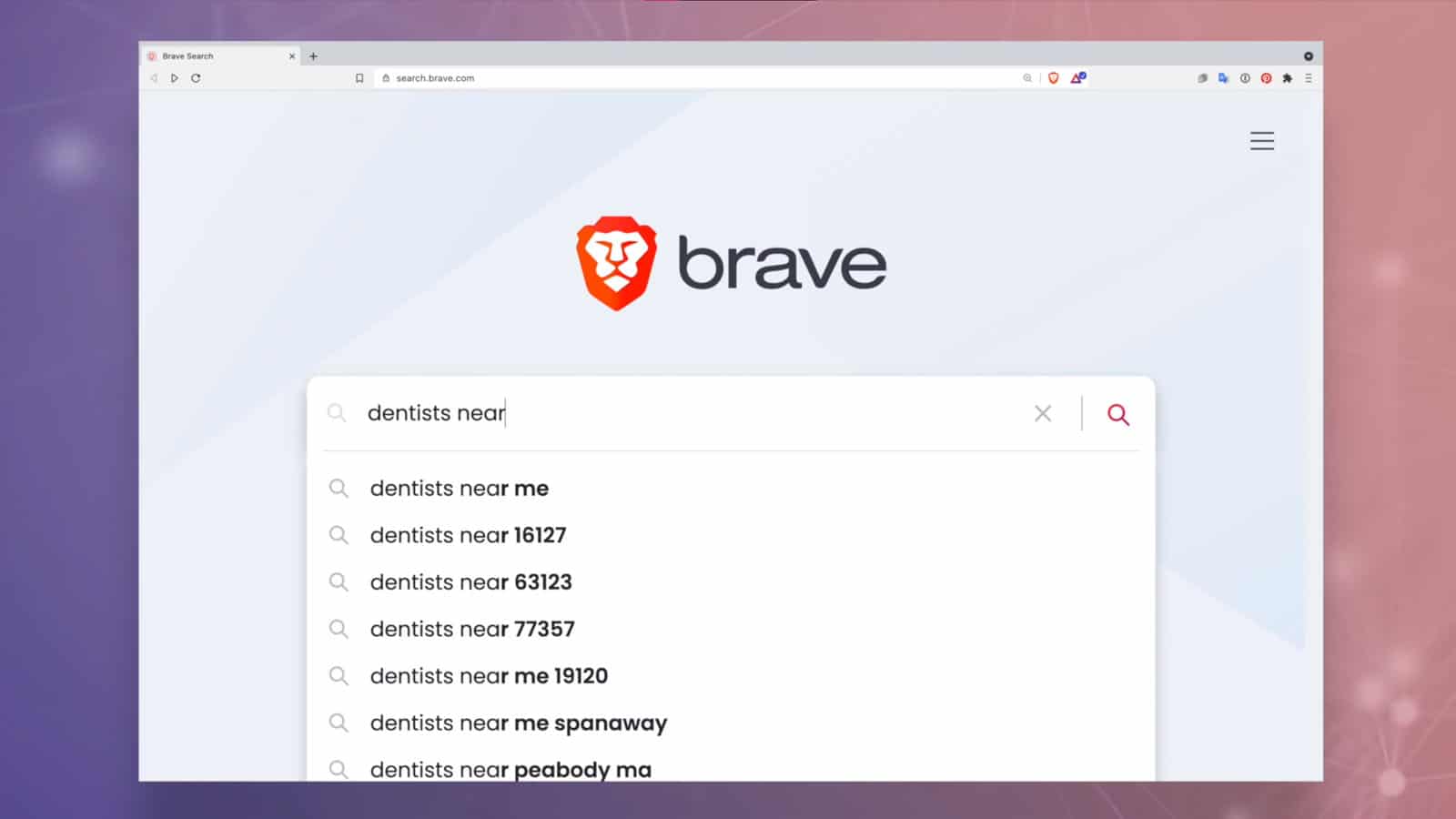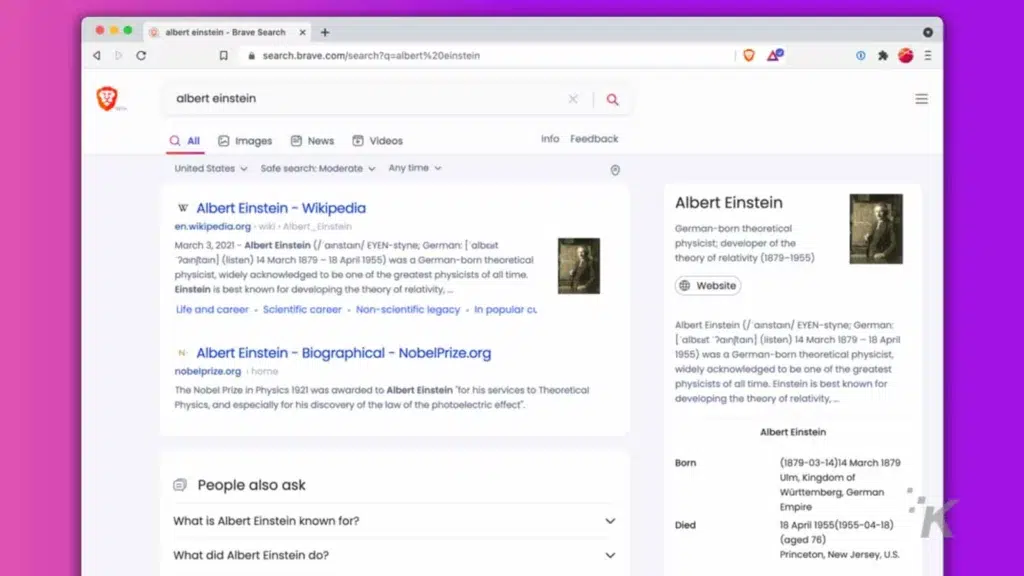Internet
Brave browser is ditching Google and replacing it with its own search engine
This change is meant to help its users maintain their privacy.

Just a heads up, if you buy something through our links, we may get a small share of the sale. It’s one of the ways we keep the lights on here. Click here for more.
Brave browser is taking the brave step to use its own, privacy-focused search engine by default when using the address bar to search. The change will only affect new Brave users, and won’t change anyone’s existing choices.
That makes Brave search replace Google if you live in the US, UK, or Canada, Qwant for French users, and DuckDuckGo for German users. Brave says they’ll be switching more countries over in the coming months.
Brave launched its own privacy-focused, non-tracking search engine earlier this year, which uses its own index of the internet so it’s not sending data to anyone else in most cases. It does use Bing results occasionally when it can’t find enough relevant queries of its own.

READ MORE: How to change Brave’s search engine to your preferred search provider
Making the change to use such a fledgling search engine as the default is a big move for Brave. The majority of browser users are content with whatever search engine their browser has by default, and that means most new Brave users will continue using Brave’s search.
That’s not going to worry the big boys of search though. Brave says it has almost 40 million active users as of September 2021, with Brave’s co-founder and CEO Brendan Eich saying that its search engine now handles “nearly 80 million queries per month.”
Even then, Brave doesn’t warrant its own tracking by StatCounter, which tracks worldwide browser use.
READ MORE: Yep is a new search engine that rewards creators for content
Brave Search is currently free, with no advertising in its current form. The company does plan to include sponsored ads in the free version of Brave Search at some point, as well as rolling out an ad-free premium service that will require a subscription.
Still, that cost might be worth it for individual users worried about their search terms privacy.
Have any thoughts on this? Let us know down below in the comments or carry the discussion over to our Twitter or Facebook.
Editors’ Recommendations:
- Google Search on mobile will now let you mindlessly scroll forever
- Google now lets you ‘follow’ sites using the mobile Chrome browser, kind of like Google Reader
- Firefox is putting ads in its search bar
- How to use the new Tab Grouping feature on Microsoft Edge
- OpenAI launches SearchGPT, an AI-powered search engine



























